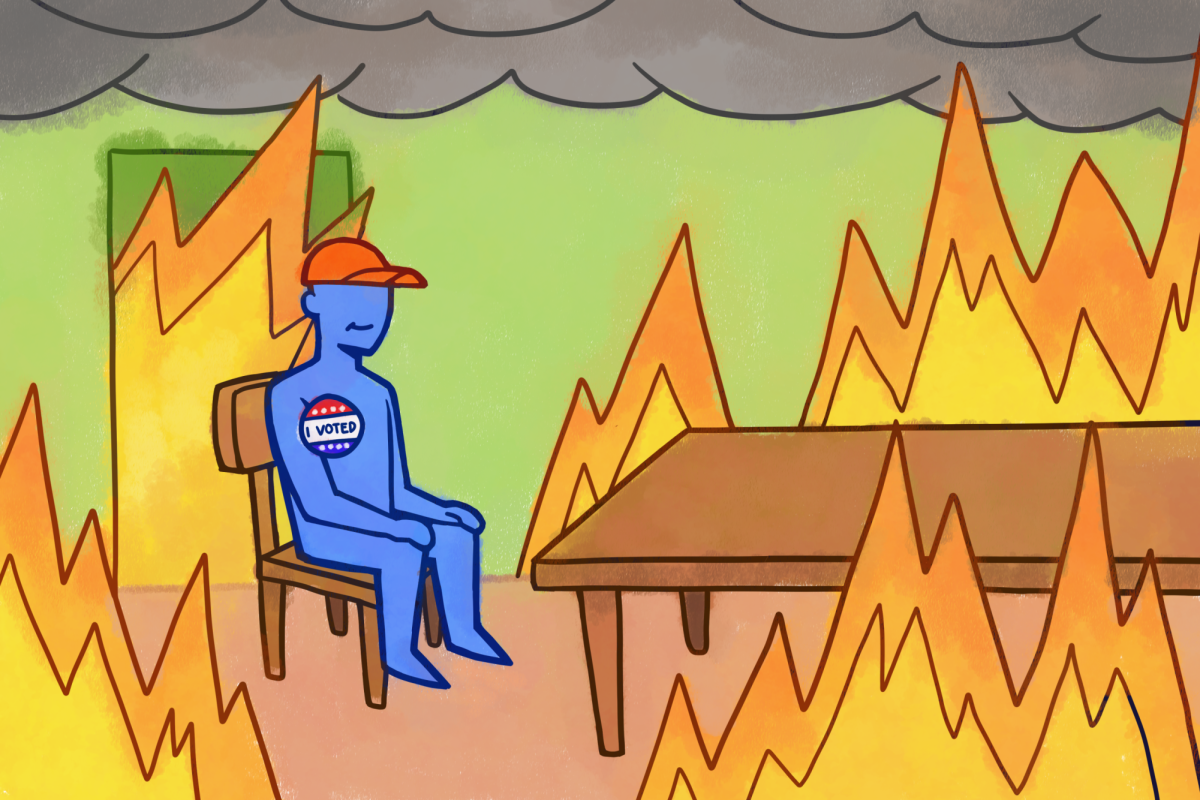The success of the first major Internet protest, led by Google and Wikipedia, was solidified last Friday when Harry Reid postponed the Senate vote for the controversial Stop Online Piracy and Protect IP acts (SOPA and PIPA). Congress is at a historically dysfunctional level and as of December “more Americans now approve of polygamy”:http://www.huffingtonpost.com/2011/11/16/congress-approval-rating-porn-polygamy_n_1098497.html (11 percent) and pornography (30 percent) than our elected representatives in Washington (9 percent). The event was uplifting because these bought-and-paid politicians were forced to bow to populist pressure, and the Internet was temporarily saved from the clutches of the 1 percent’s lobbyists.
Just one day after last Wednesday’s protest, federal authorities conducted a celebration of their own: raiding the New Zealand mansion of Internet kingpin Kim Dotcom, who is the founder of the immensely popular file sharing site Megaupload.com (according to the government’s indictment, it was once the 13th “most visited site”:http://pt.scribd.com/doc/78786408/Mega-Indictment on the entire Internet).
The crimes? Over $500 million in “damages to copyright owners” — ostensibly the Recording Industry of America and Motion Picture Association of America, “amongst many others”:http://en.wikipedia.org/wiki/List_of_organizations_with_official_stances_on_the_Stop_Online_Piracy_Act. With Megaupload’s immediate closure, the protests against SOPA/PIPA and the government’s ability to shut down entire websites at the discretion of private interests already appears to be fraught.
SOPA and PIPA threatened to install a fundamentally altered Internet structure of the government censorship, but it appears that the U.S. government already has these powers and is very willing to exercise them, as Mr. Dotcom and his associates have plainly discovered.
Glenn Greenwald of Salon.com excellently documented that this phenomenon — of the government exercising powers it supposedly does not have — is not unique to the SOPA/PIPA debate; The American-born Anwar al-Awlaki was recently assassinated in Yemen totally due process-free. Not until three months later did Obama sign into law the National Defense Authorization Act that now gives him the legal privilege to indefinitely detain or assassinate literally anybody in the world — including American citizens in the United States — without a trial or even a charge.
Get The Daily Illini in your inbox!
So by killing the radical cleric outside of any national or international jurisdiction, Obama was essentially saying, “I can use the military to kill anybody I want, anywhere,” and then codified this authoritarian mentality after the fact. But the damage was already done: When he wanted a man dead, who was living outside of a declared war zone, he did not need the law to legitimize his actions. He simply went rogue.
The frightening implications of SOPA/PIPA that we protested against are already, with the total closure of Megaupload, very present realities. The censorship bills did not get passed, but the government went right ahead and did what everybody feared about the laws.
If “terrorism” is enough of a justification for your immediate death or indefinite detention, then apparently “piracy” is enough to have your website censored or completely shut down.
Despite the supposed success of the first great Internet protest, it was the first battle in what will become a long conflict for the free and open Internet. But the power of this revolutionary technology began in the hands of the people, and I like to believe what one of my favorite rappers, Shabazz Palaces, says on his most recent album: “When you mess with the people, it always comes back around.”
_Michael is a senior in LAS._









